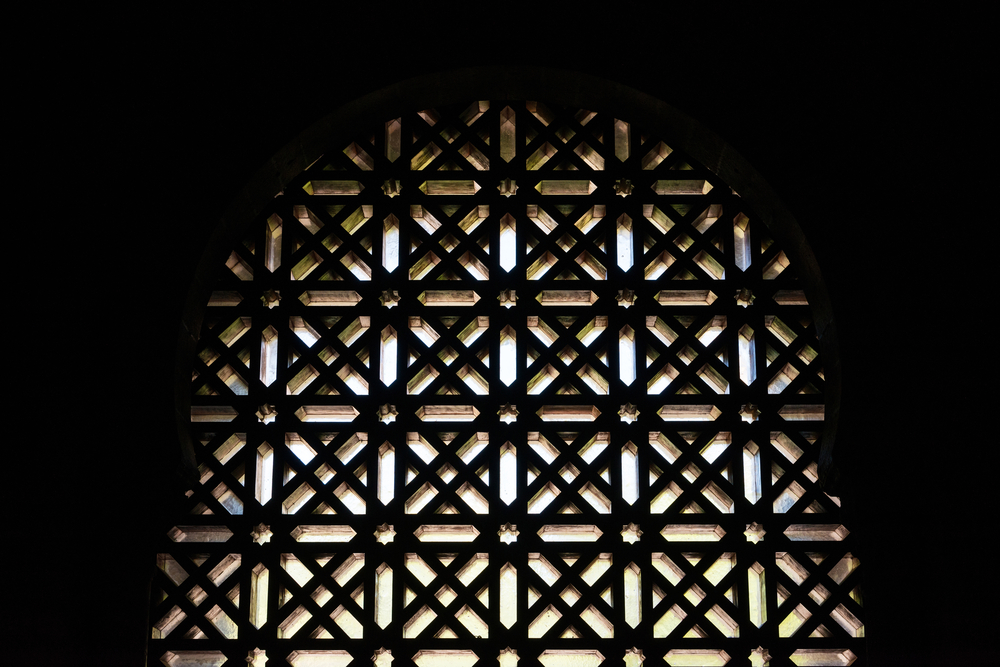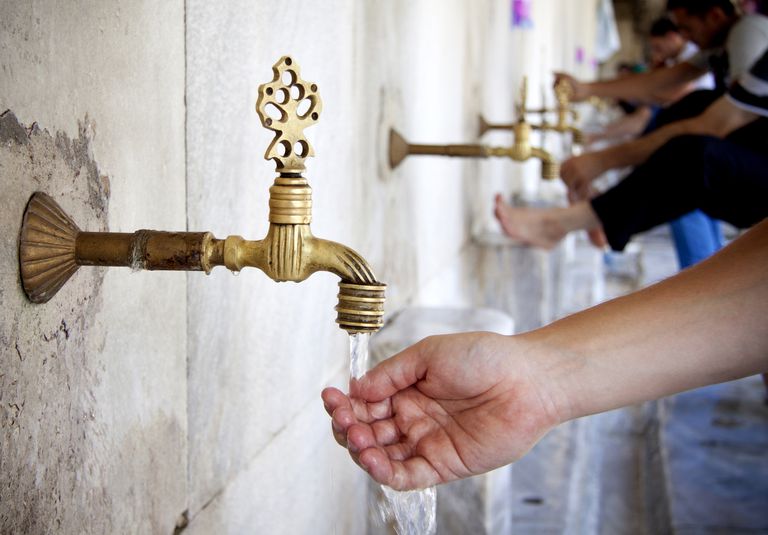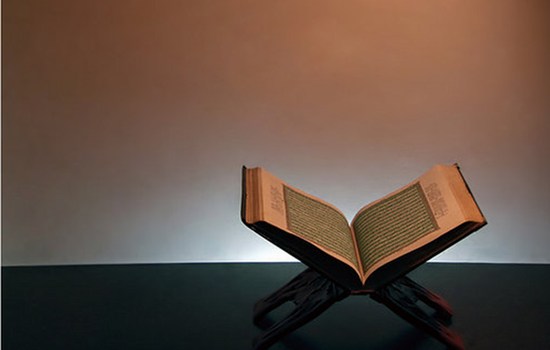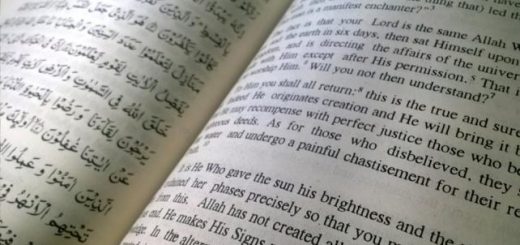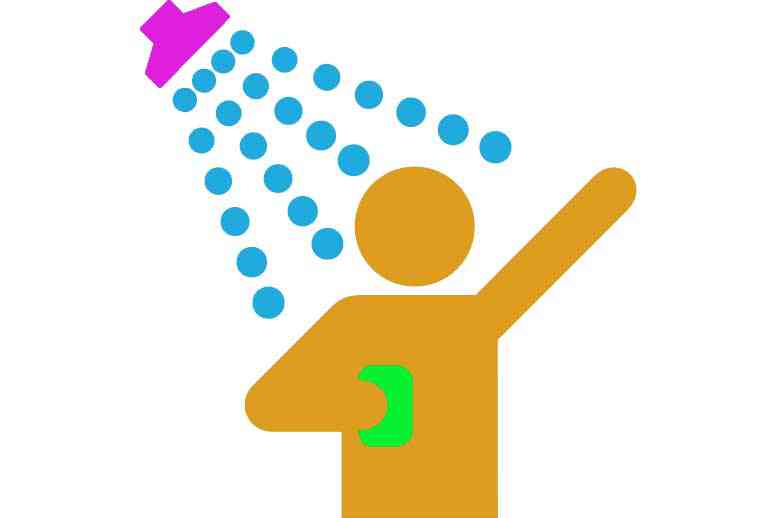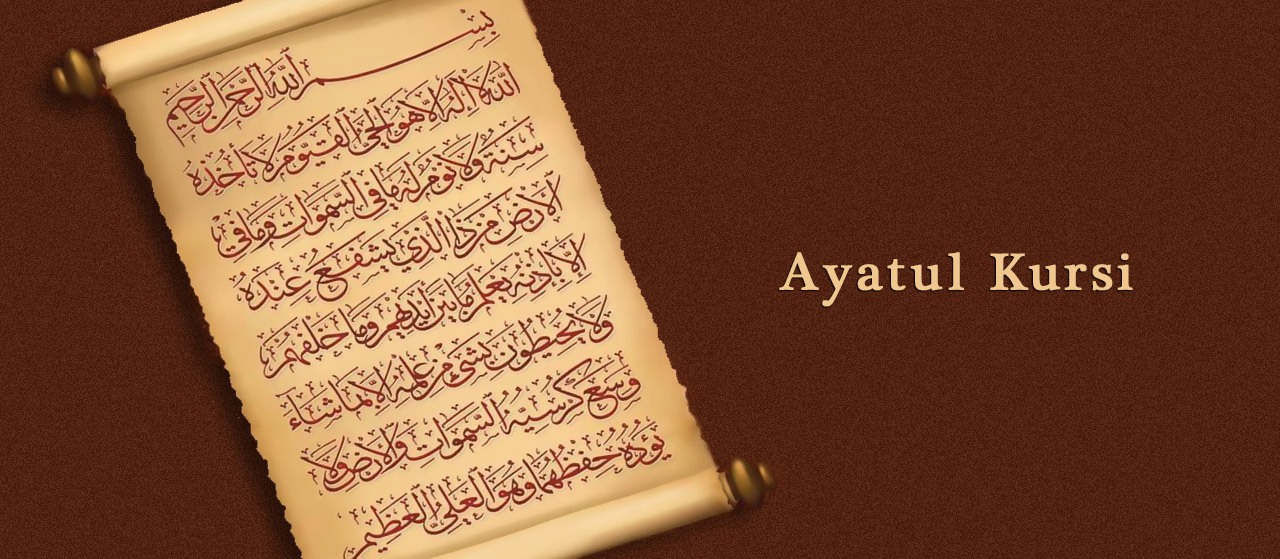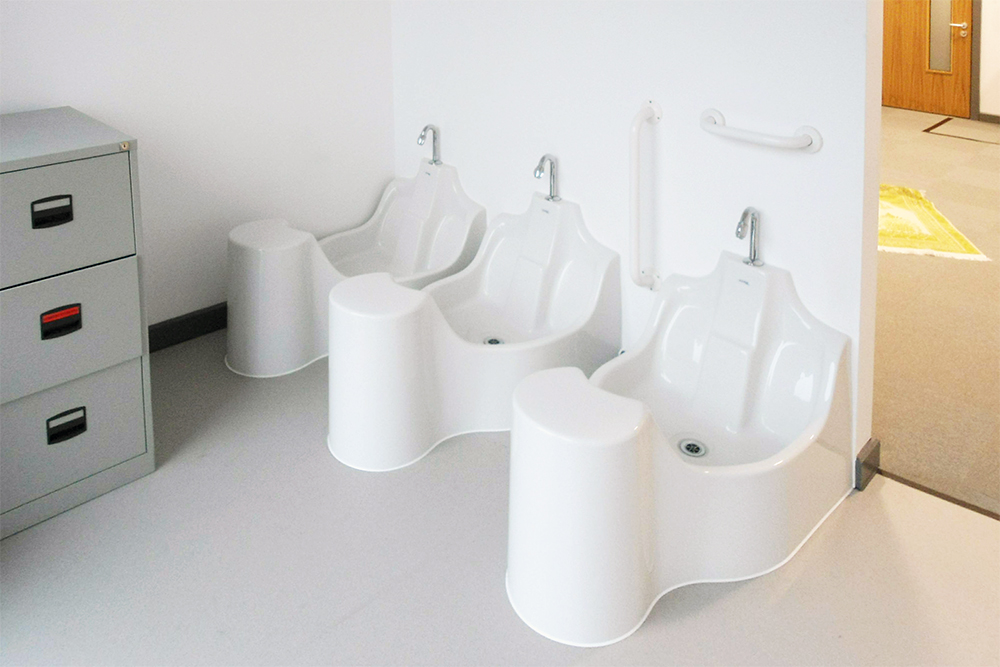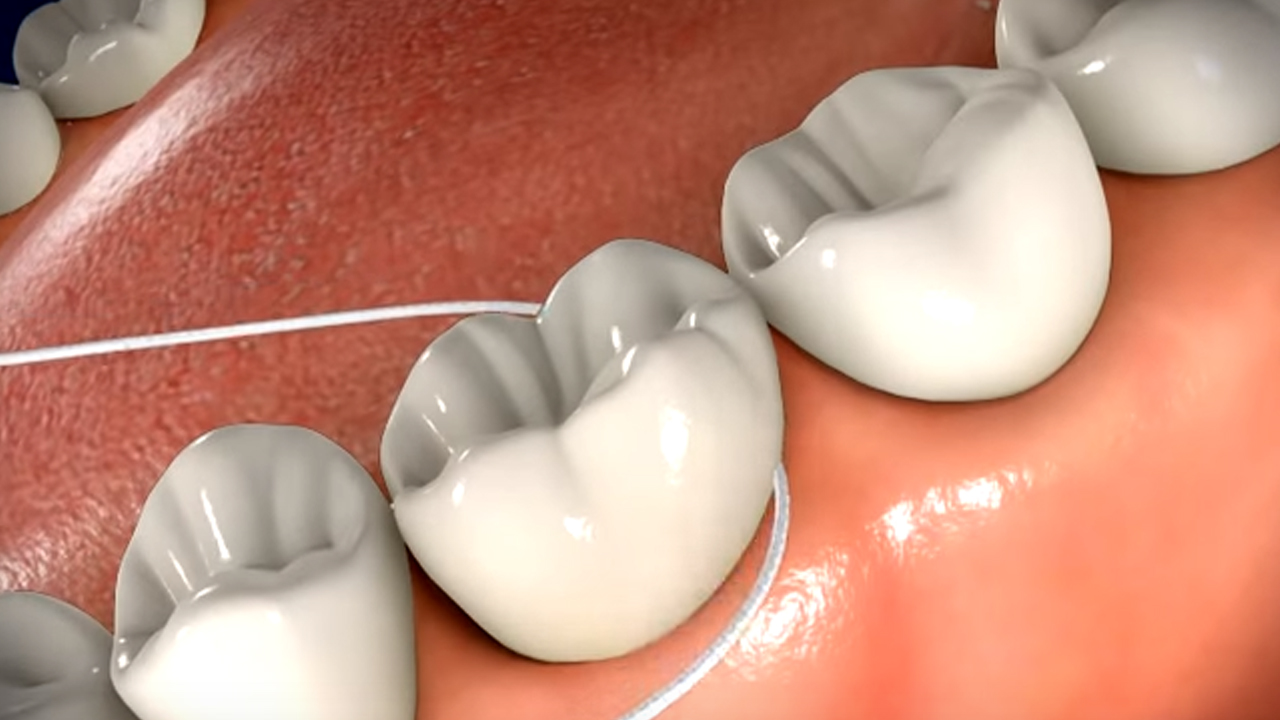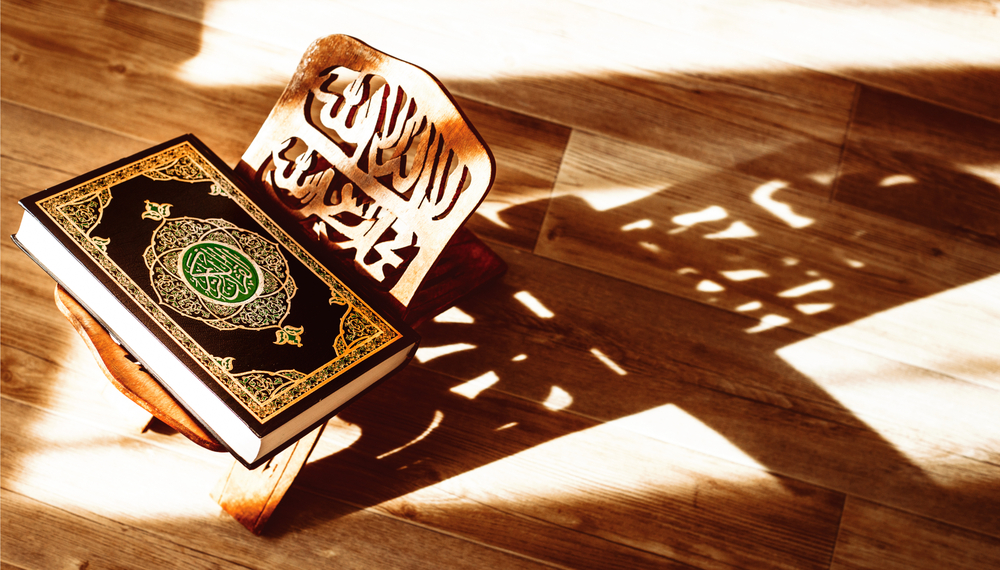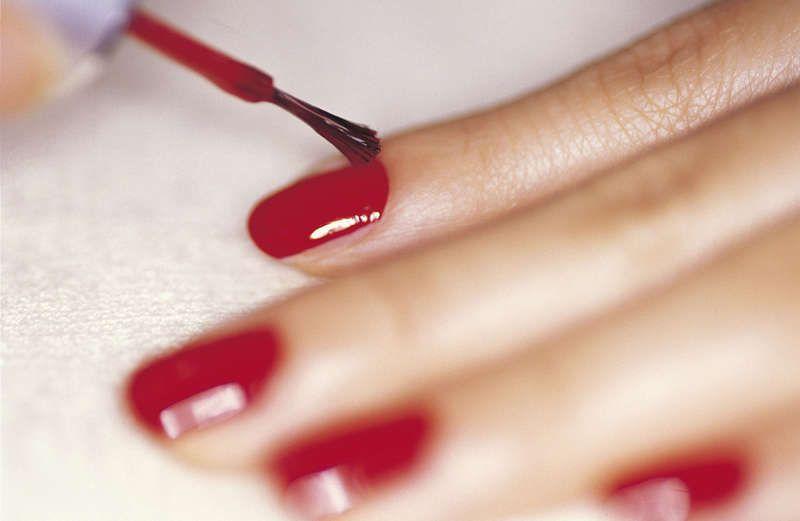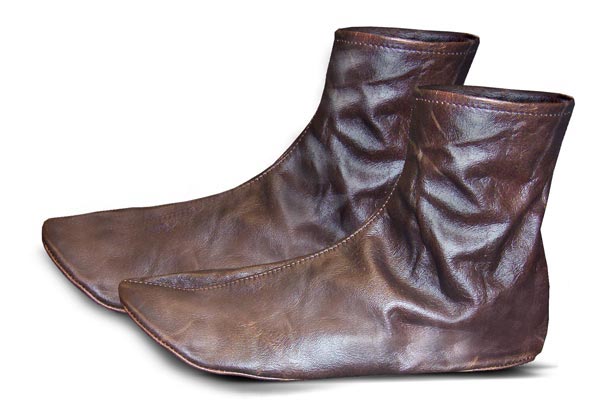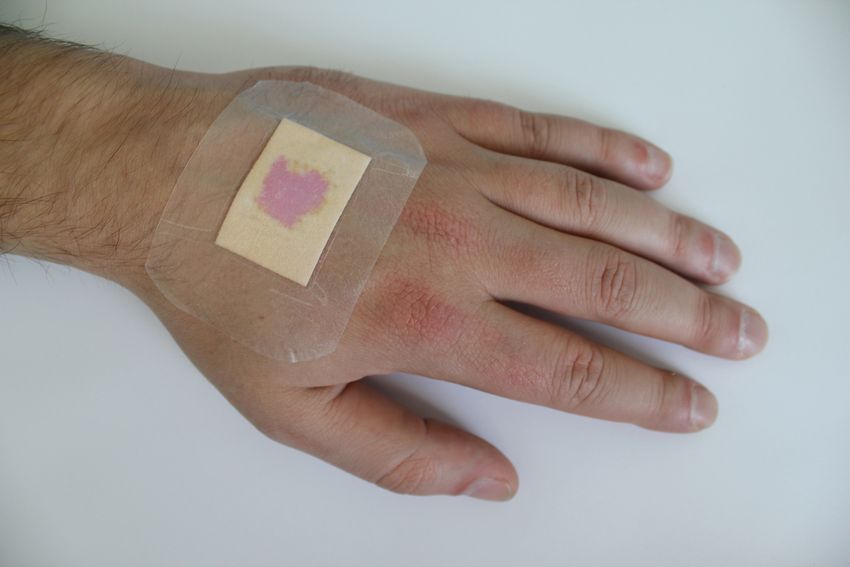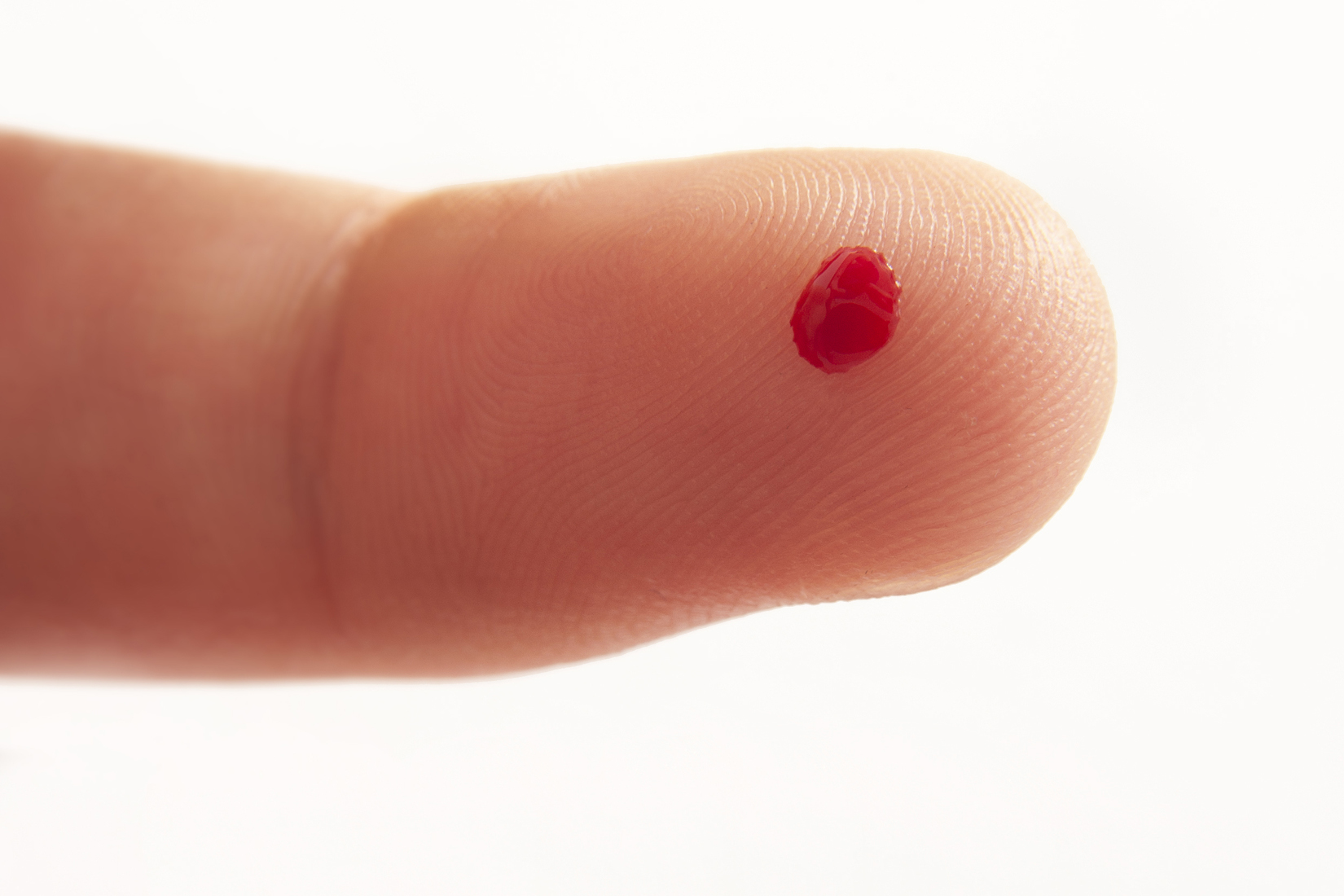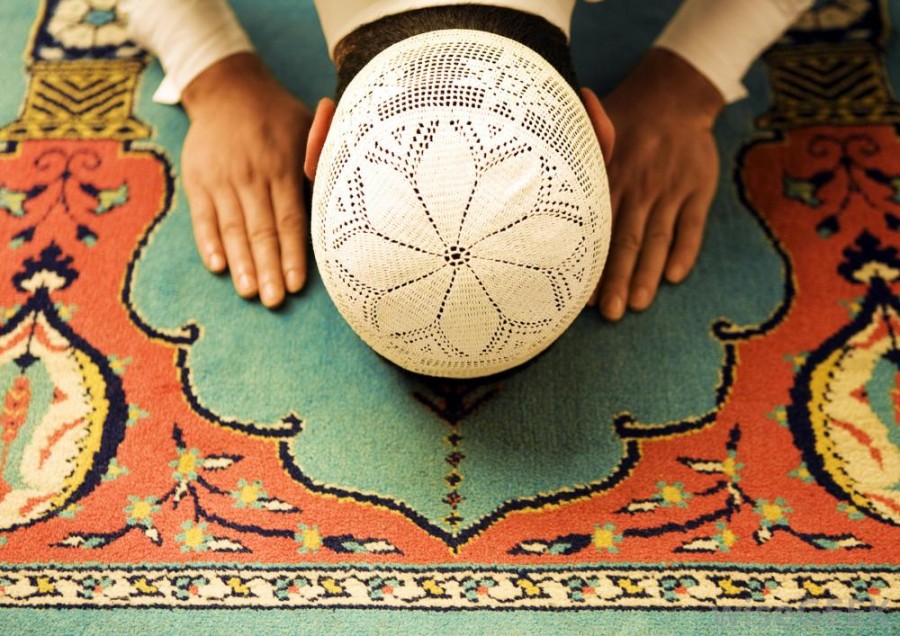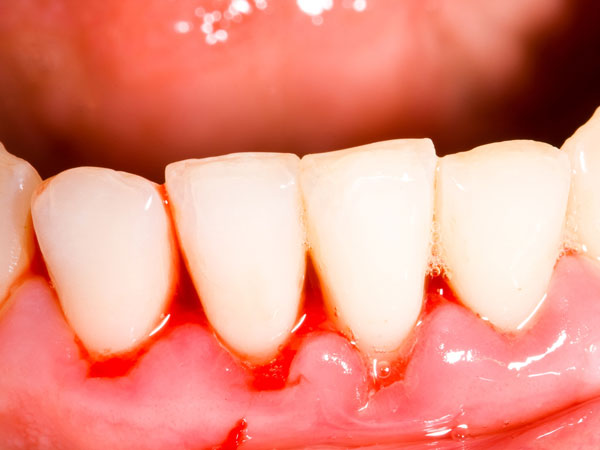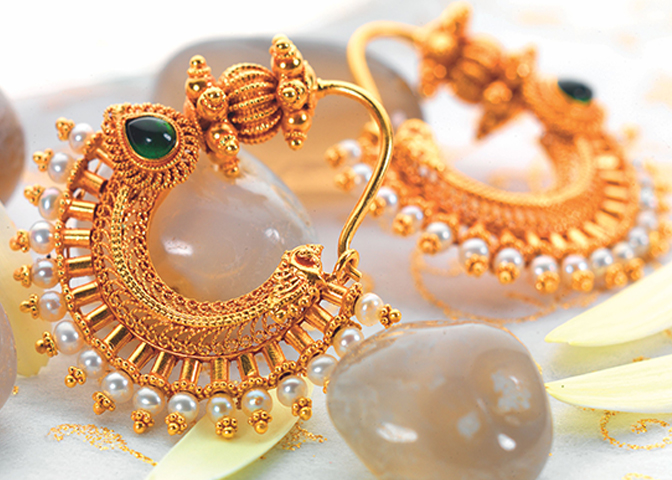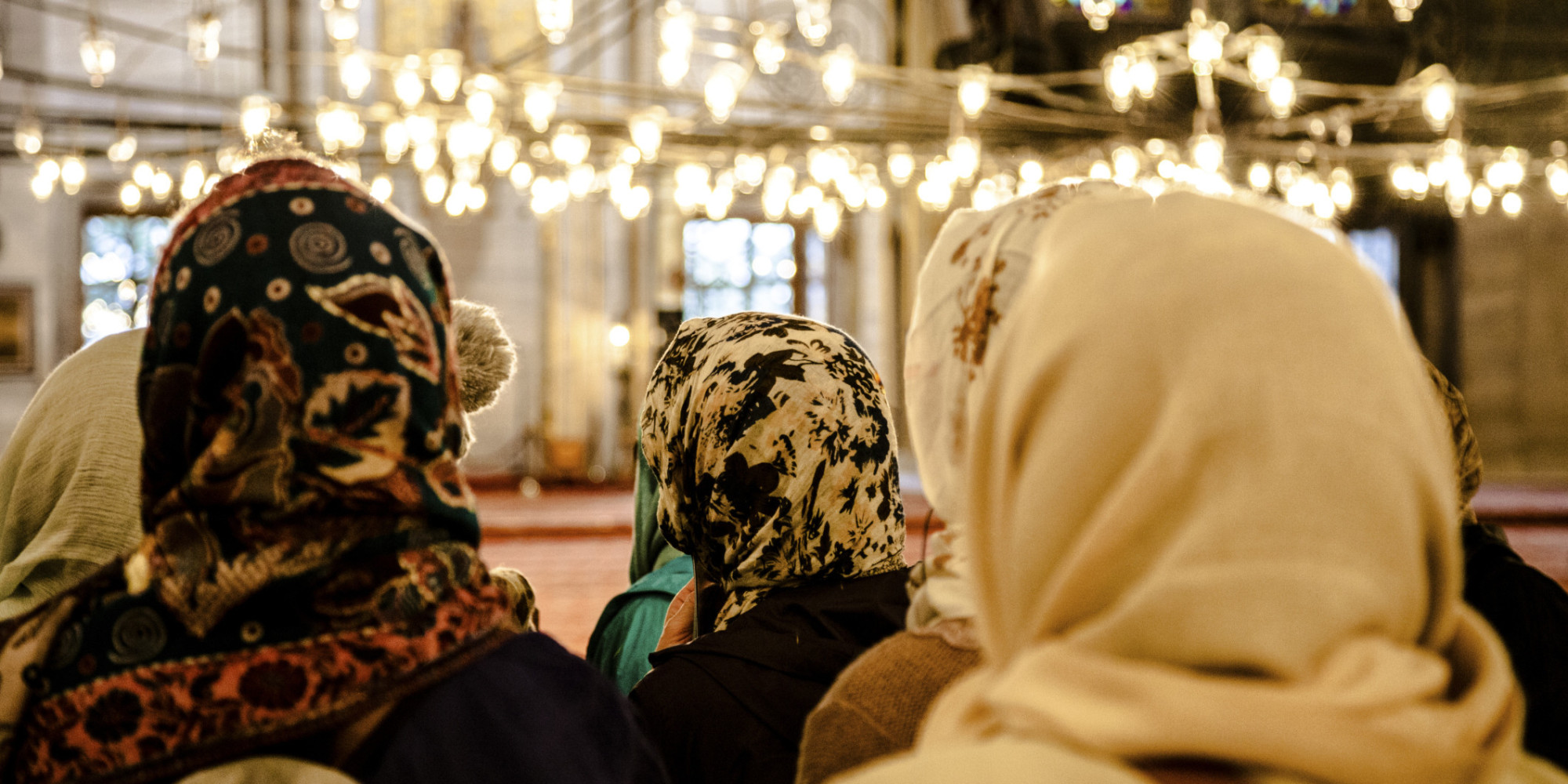QUESTION:
Is it permissible to recite the Holy Qur’an, zikr and dua without wuzu? What about doing zikr and dua on an impure bed?
ANSWER:
If a person is not in wudu, in fact even if he is in a state of major impurity (janabat) then it is permissible to do dhikr and dua, and recite verses of the Holy Qur’an with the intention of dua, however it is not permissible to recite even one verse with the intention of reciting the Qur’an.
If the impurity on the bed is less than one dirham then doing dhikr or tilawat (recitation of the Qur’an), whether sitting or lying, is permissible, although it is more respectable and safer to avoid this. The same applies if the impurity is the size of a dirham or more and you sit away from it (permissible but disrespectful).
Imam Ahmad Rida Khan’s (رضى الله عنه) book Irtifaa’ul-Hujab is very useful and satisfying for this issue.
Allah تعالى is most knowing.
Answered by Mufti Shams ul Huda Misbahi
Translated by Mawlana Muhammad Rashid Madani
Also see:
[Q-ID0306] I have nose and ear piercings, do I take extra caution when performing the ghusl bath?
[Q-ID0290] Can I attend a Mawlid gathering in the Masjid if I am on my menstruation cycle (periods)?
[Q-ID0252] What is the method of performing ghusl [the ritual bath]?
[Q-ID0196] Does the wet bloodless sustance from a womans private part nullify wudu?
[Q-ID0182] Do I have to make-up prayers I missed due to my periods?
[Q-ID0161] Is it true Women can’t leave their house for 40 days after giving birth?
[Q-ID0151] Can women enter the Masjid if on their menstrual cycle?
[Q-ID0115] Is the ghusl for a man and woman the same?
[Q-ID0077] Can I recite salawat/durood shareef whilst I am on my menstrual cycle?


